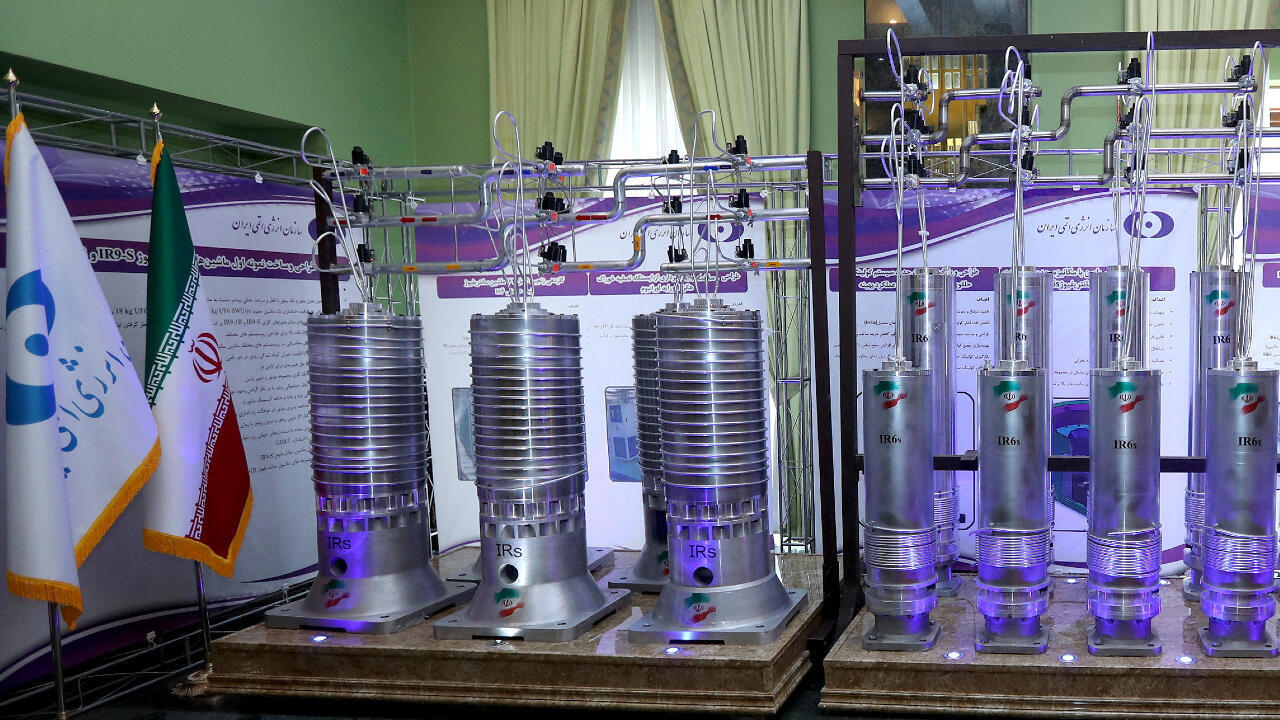First modification:
During the Conference of Ambassadors on September 1, the President of France, Emmanuel Macron, established the next foreign policy guidelines for his country, in an international context marked by various crises. The president warned that the world must prepare for a “long war” in Ukraine and the problems that stem from it, including food and energy shortages. He also stressed the need for a speedy resumption of the nuclear agreement with Iran.
Multiple international crises and a foreign policy that seeks to address them.
France, one of the most influential countries in the European Union, presented this Thursday, September 1, the course of its diplomatic guidelines. President Emmanuel Macron highlighted actions to be taken in an international context of acute problems, bringing to the fore the Russian conflict in Ukraine, the decline of democracies and the Iranian nuclear program.
“The division of Europe is one of Russia’s war objectives,” so “the unity of Europeans” is “key,” the president said during the Conference of Ambassadors in Paris on September 1.

During the event, which had not been held for two years due to the Covid-19 pandemic, Macron also paid tribute to the work of consular staff in the midst of the crises that have marked the first five years.
The Conference of Ambassadors takes place at a time when many French diplomats question the role of their profession after a controversial reform of the civil service, against which a one-day strike took place at the beginning of the summer, an unprecedented event.
Macron appeals to international coalitions to prevent the extension of the war in Ukraine
Dialogue, union and international coalitions. Three of the main directions that the president framed to face the war in Ukraine and avoid its prolongation.
The French head of state advocated “even imperfect, even incomplete” international coalitions, he said, to prevent “a geographical extension of the Ukrainian conflict.”
Macron assured that an eventual solution to the conflict launched by the Kremlin against his neighboring country on February 24 must go beyond the borders of Europe, in the face of a “deconstruction” of the world order and the affirmation of “authoritarian powers and imbalance”.
To curb the threat of the conflict escalating, the French president even called for alliances with countries in Africa, Asia and America.

Macron justified the need to launch an international cooperation plan in this area because the world is facing “a long war”, in which it is necessary to work to “avoid escalation and prepare for peace”, he emphasized.
Along these lines, the leader of the Elysee pointed out that it is also vital to involve a process of talks to seek a negotiated solution.
“Preparing for peace means continuing to talk (…) with all interested parties and therefore France will continue – as I did a few days ago and as I will do again after the IAEA mission – talking with Russia to, at each point where their role is useful, to be able to prepare the terms of peace”, he stressed.
The declared desire of the French ruler to maintain dialogue with his Russian counterpart Vladimir Putin has been criticized, including by Ukrainian President Volodymyr Zelensky.
However, Macron insisted that everything must be done to make a negotiated peace viable “by the time the two protagonists recover,” he pleaded.
The last meeting between Macron and Putin dates back to August 19 and focused in particular on the International Nuclear Energy Agency’s inspection of the Zaporizhia nuclear power plant in southern Ukraine. Precisely a delegation from the inspection team managed to arrive at the scene on Thursday.
Macron foresees an agreement to resume the nuclear pact with Iran in “the next few days”
The affected Iranian nuclear program is also part of the first line of the foreign agenda in Paris.
The French head of state assured that he hopes that an agreement will be concluded in the coming days to reactivate the pact, originally reached in 2015 between the Islamic republic and world powers.
“I hope that in the next few days the JCPOA will be concluded,” Macron said, referring to the Joint Comprehensive Plan of Action as the deal is formally known.

The key points of that pact focused on the fact that Iran would not produce highly enriched uranium during the 15 years following the signing of the agreement, it would do without 98% of the nuclear material in its hands and it would eliminate two thirds of the centrifuges installed in its atomic plants.
In exchange, the United Nations promised to lift all the sanctions imposed against Tehran, but with some exceptions. Sanctions on weapons would last for a period of five years and, in the case of ballistic missiles, for eight. For its withdrawal, Iran had to comply with the “basic steps” of the agreement.
However, the plan was broken by both parties. The main breaking point occurred with Washington’s withdrawal from the agreement in 2018, promoted by then President Donald Trump, who alleged violations by the Rouhani Administration of what was signed.
Tehran increased the refinement of uranium to 4.5% and by January 2021 took it to 20%, according to a report by the International Atomic Energy Agency (IAEA).
Since the start of indirect talks between the US and Iran last April, the imminent resumption of their commitments is expected.
With Reuters and AFP








![[Img #74675]](https://thelatestnews.world/wp-content/uploads/2024/12/They-discover-a-new-class-of-X-ray-sources-in-the-150x150.jpg)



Add Comment